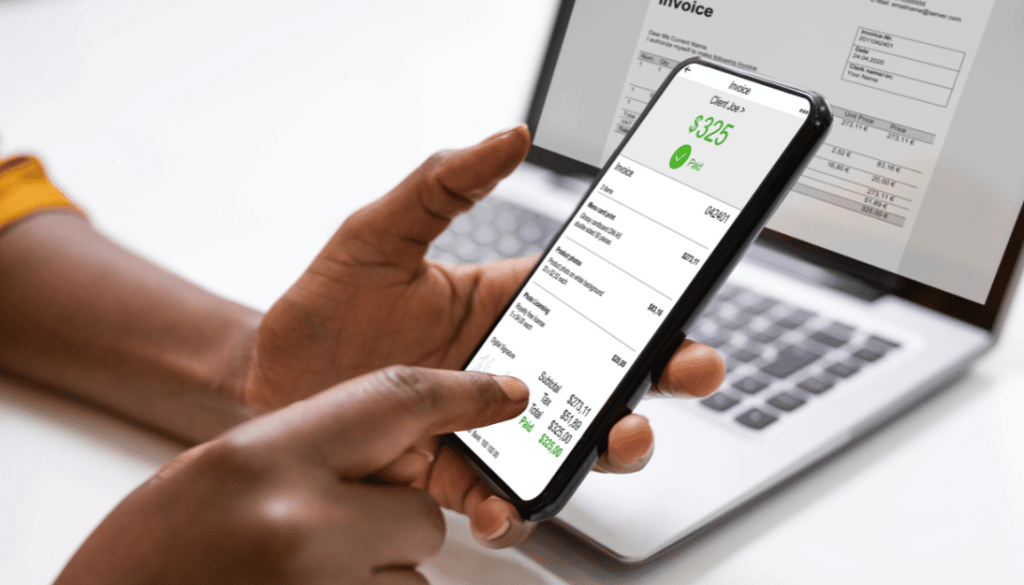International Business Payments
International Business Payments: Everything You Need to Know
Making international business payments has become an essential part of operating in today’s economy. Whether you’re a small or large business paying oversea suppliers. Understanding the process will not only help you understand but could save you money.
In this guide, we’ll answer some of the most common questions related to international business payments. We will also provide tips on how to choose the best options for your business.

What is the International Payment System in Business?
The international payment system refers to the methods and networks used by businesses to transfer funds across borders. These systems include traditional bank wire transfers (SWIFT), online payment platforms, and specialized currency brokers. Each system comes with its own benefits and challenges.
- SWIFT Network: The Society for Worldwide Interbank Financial Telecommunication (SWIFT) is a widely used system. It facilitates international bank transfers. It allows banks to communicate securely when sending payments between countries.
- Online Platforms: Services like PayPal, TransferWise (Wise), and Cambridge Currencies provide businesses with quicker solutions. They are often cheaper ways to send international payments compared to traditional banks.
- Currency Brokers: Specialized services like Cambridge Currencies can offer better exchange rates. They also have lower fees. This makes them ideal for businesses dealing with large or frequent international payments.
What Are the Payment Terms for International Business?
When dealing with international clients or suppliers, it is essential to agree upon the payment terms clearly. This helps avoid confusion and potential disputes. Common terms include:
- Net 30/60/90: This is the number of days the client has to pay the invoice in full. For example, Net 30 means the full payment is due 30 days after the invoice is issued.
- Advance Payment: Some suppliers or service providers may require a full or partial payment upfront. This payment is needed before the goods or services are delivered. This reduces risk, especially when dealing with new clients.
- Letter of Credit (LC): This is a secure method. The bank guarantees payment on behalf of the buyer. The guarantee occurs once the seller meets the agreed-upon terms.
- Documentary Collection: In this case, the buyer’s bank releases the payment only when the seller provides the necessary shipping documents. These documents are needed to prove the goods have been dispatched.
Clear communication of payment terms is essential to avoid delays and ensure both parties understand their obligations.
How to Make International Business Payments?
Making international business payments can seem complicated, but it’s straightforward once you know your options. Here are a few common methods:
How Do International Payments Work?
International payments work by moving money from one country to another through various networks. Here’s a breakdown of the process:
Choosing the Best Business Bank Account for International Payments
You should consider more than just the basic features of the account. Evaluate other factors when choosing the best business bank account for international payments. Here’s what to consider:
- Low Transfer Fees: Banks often charge high fees for international payments. Therefore, finding an account that offers lower or waived fees can make a big difference.
- Favorable Exchange Rates: Some banks offer better exchange rates than others. However, specialized services like Cambridge Currencies typically offer the best rates.
- Multi-Currency Support: If you frequently deal in multiple currencies, find a bank account that lets you hold different currencies. It should also help you manage them.
- Customer Support: International payments can sometimes go wrong, so having reliable customer support is key to resolving any issues quickly.
In the UK, several banks offer specialized accounts for international business payments, such as Barclays and HSBC. However, many businesses find that using currency brokers offers better rates and lower fees than traditional banks.
Does Monzo Business Accept International Payments?
Yes, Monzo Business does accept international payments, but it’s important to check their fees and rates. Monzo uses Wise for international transfers. You can expect competitive fees compared to traditional banks. Compare this with other services like Cambridge Currencies to ensure you’re getting the best deal for your business.
Summary of Key Points:
- The international payment system in business includes SWIFT, online platforms, and currency brokers.
- Payment terms for international business vary but commonly include Net 30/60/90, advance payments, and letters of credit.
- To make international business payments, you can use bank transfers. Online platforms are also an option. Specialized currency brokers offer better rates and lower fees.
- International payments work through networks like SWIFT, with fees and transfer times depending on the method you choose.
You can save money on fees by understanding how international business payments work. Choose the best method for your needs. This ensures you get better exchange rates and your payments reach their destination quickly. For more details on optimizing your international payments, Contact Cambridge Currencies. Discover how we can help your business thrive in the global market.
